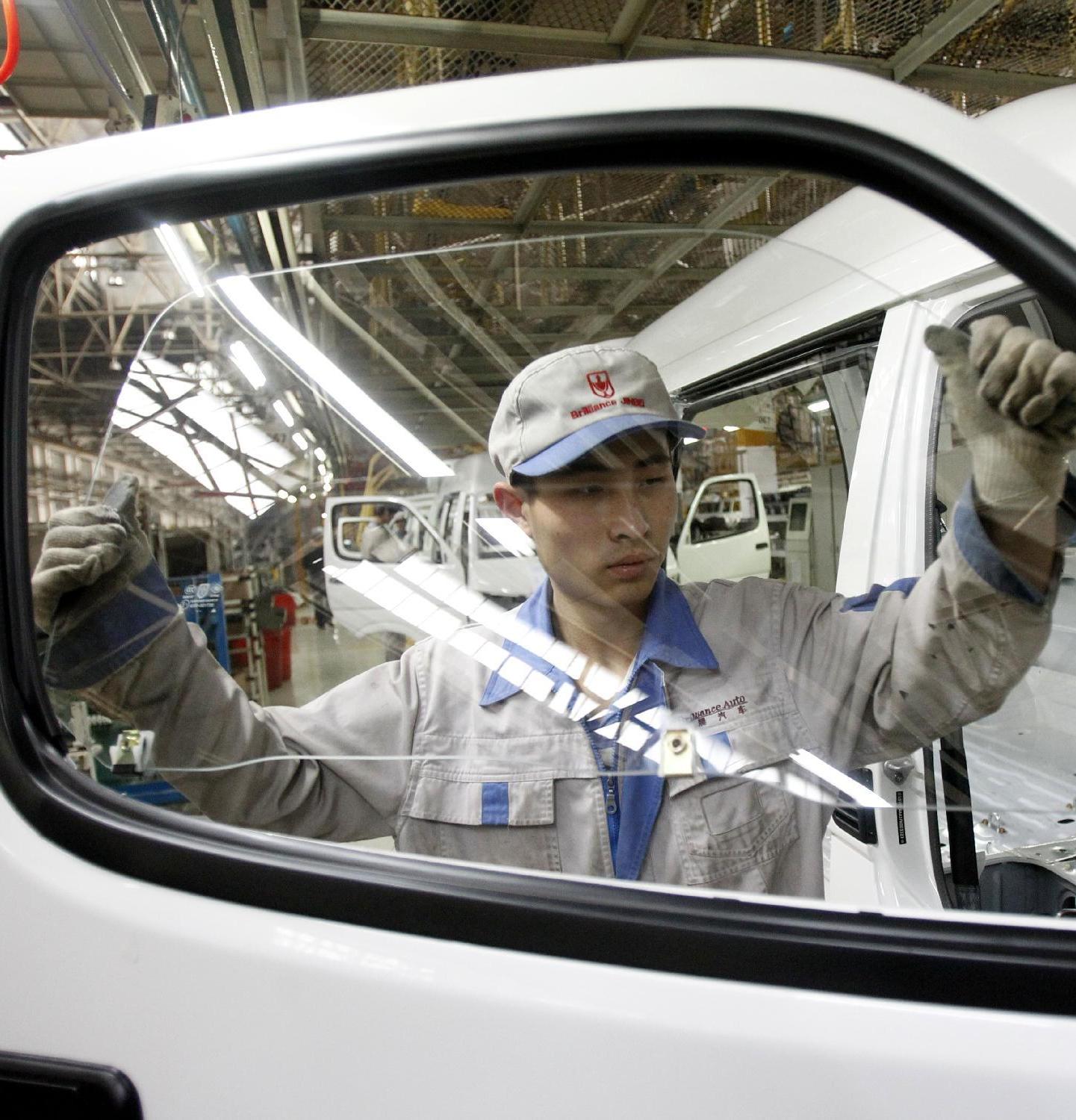China growth hit 24-year low in 2014: AFP survey
China’s annual GDP growth slowed to its weakest rate in more than two decades in 2014, according to an AFP survey, projecting further deceleration in the world’s second-largest economy this year. The median forecast in a poll of 15 economists saw the Asian giant’s gross domestic product (GDP) expanding 7.3 percent last year, down from 7.7 percent in 2013. That would be the worst full-year result since the 3.8 percent recorded in 1990 — the year after the Tiananmen Square crackdown. The National Bureau of Statistics (NBS) releases the official GDP figures for the fourth quarter and the whole of 2014 on Tuesday. For this year, the economists see growth slowing further to a median 7.0 percent, as Chinese leaders proclaim a “new normal” of slower expansion and emphasise economic reforms. An official expansion target of “about” 7.5 percent was set for last year.
China has entered a new normal of economic growth. That is to say we are going through structural adjustment and the structural adjustment is progressing steadily.
Chinese vice foreign minister Li Baodong
China, a main driver of global growth, was beset last year by problems ranging from weakness in manufacturing and trade to financial worries over rising debt levels and falling real estate prices, which have sent shockwaves through the key property sector. But authorities appeared to take last year’s performance largely in their stride, sticking to a scenario whereby the country’s consumers take the lead in underpinning expansion in coming years, emphasising in public statements the quality of growth rather than its size. The implications of slowing Chinese growth for the rest of the world are already visible, with commodity exporters such as Australia suffering. Economists are broadly expecting further monetary policy tinkering this year, but say the focus will be on structural reforms over the temptation of stimulus.
Slower growth is not a problem as long as the quality is high, which means for the same growth rate, more jobs are created while income distribution imbalances are reduced.
Shen Jianguang, economist at Mizuho in Hong Kong

Business